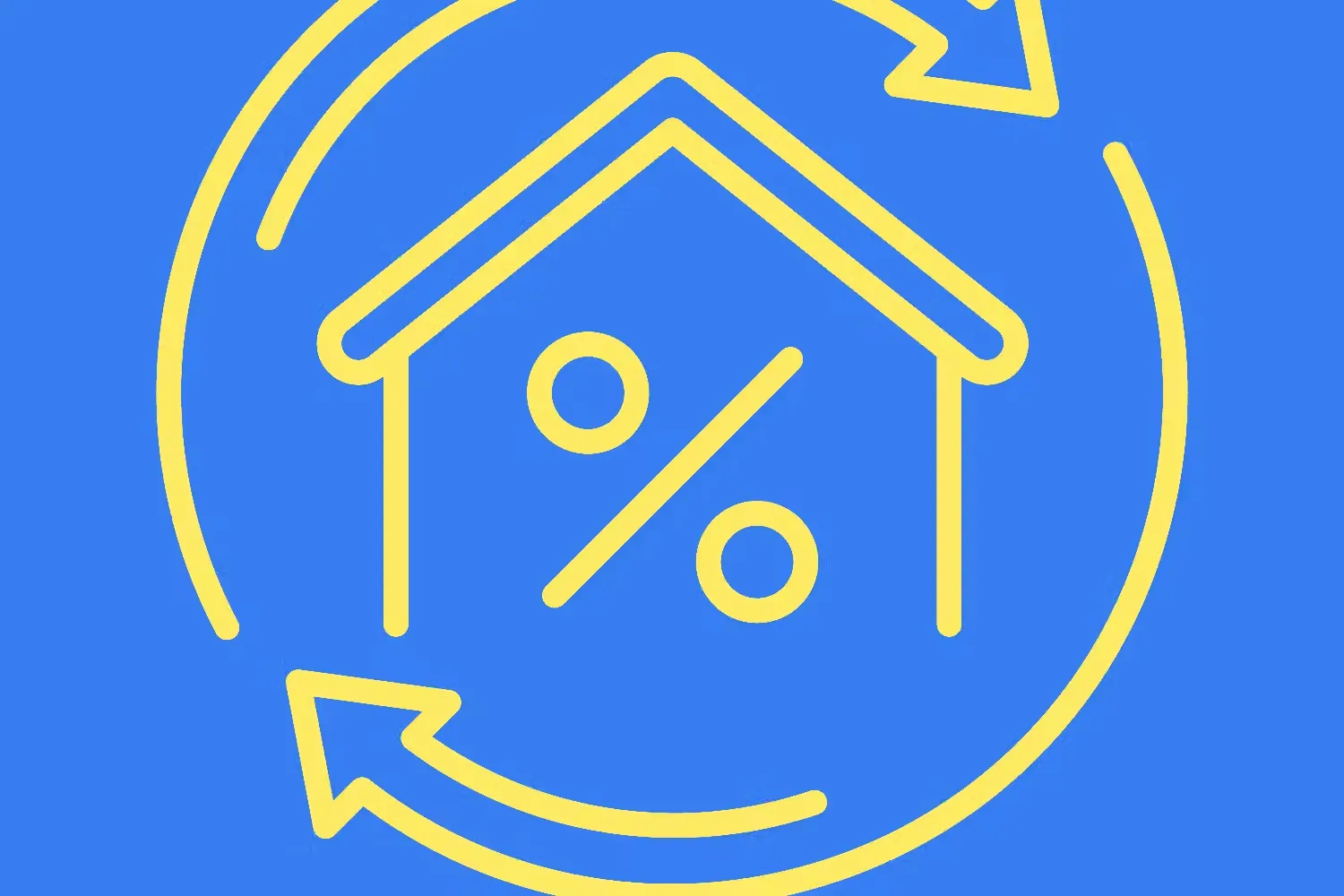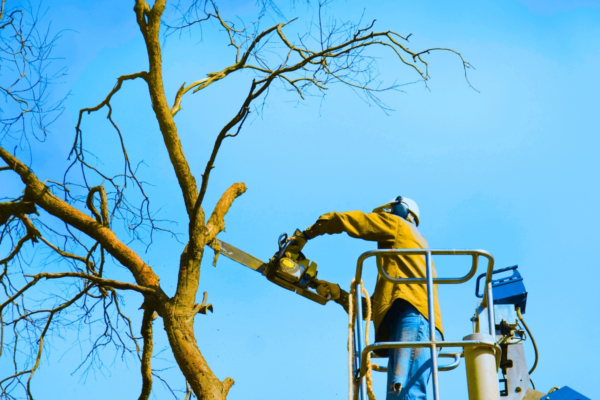
Refinancing Your Mortgage in Texas

Are you considering refinancing your mortgage in Texas? If so, then it’s important to understand the options available to you. Refinancing can be an excellent way to save money over the long term, secure a more affordable monthly payment for your home loan, or tap into your home’s equity.
In this article, we’ll break down the basics of refinancing, when it makes sense to refinance, and what homeowners in the Lone Star State need to know.
Let’s dive in!
What is refinancing?
Refinancing is when you take out a new loan to pay off an existing one. It is not a second lien; instead, it replaces your original mortgage.
This new loan replaces the old one with different terms— like interest rate or loan length— that are typically more favorable than the ones on the original loan. Commonly, refinancing can be used to pay off debt faster or lower monthly payments.
There are two types of refinances:
- Rate-and-term refinance: With a rate-and-term refinance, you will pay off your existing mortgage with a new one with the goal of changing the interest rate, term, or both.
- Cash-out refinance: With a cash-out refinance, on the other hand, you’ll take out a loan that’s bigger than your current mortgage. You’ll pay off the existing mortgage and use the difference at your discretion.
In Texas, rate-and-term refinances are straightforward. However, taking out a cash-out refinance will mean following a few extra home equity guidelines set forth by the state.
You have refinance options
Every real estate market is unique – this is especially true of Texas. With restrictions in place for cash-out refinances and second-lien mortgages, your refinance needs a level of understanding a national lender cannot match.
What to Know About Cash-Out Refinances in Texas
Texas has unique laws when it comes to using home equity. When you do a cash-out refinance, you are borrowing money against the equity you’ve built in your home— so these rules all apply.
1. You must leave 20% of your home equity untouched in a refinance.
One of the biggest rules to keep in mind is that you cannot use more than 80% of your home’s equity when taking out a cash-out refinance or home equity loan.
So, for instance, if you have a home that is worth $200,000, and you have 100% equity in the home, the largest home equity loan that you could obtain would be $160,000.
If you also owe money on the home— as will be the case if you’re refinancing— you will have to factor that in. So if you still owed $60,000 on your mortgage, the maximum that you could take out would be a $100,000 loan. What you owe on your mortgage and what you owe on your home equity loan can be no more than 80% of the home’s value.
This means that to take out a home equity loan or a cash-out refinance, you need to have at least 20% equity built in your home.
2. You can only have one outstanding cash-out refinance or equity loan.
Already have a home equity loan that you’re paying off? You’ll have to hold off on taking out a cash-equity refinance. Texas law dictates that borrowers can only have one outstanding loan backed by their home’s equity.
3. You can only tap into your home’s equity once every 12 months, even if you completely repay the loan.
Even if you happen to repay your loan within the year, you cannot take out another loan backed by your home’s equity within the same year. If you think you may need more funds later in the year, this is an important rule to consider.
4. Closing costs are capped.
The law also caps closing costs for cash-out refinances, which is good news for borrowers. Cash-out refinances are capped at 2% of the total loan amount.
When does it make sense to refinance?
Still wondering if refinancing is right for you? Here are a few common situations where it may make sense to refinance.
When Mortgage Rates Drop
One of the most obvious reasons to refinance is when interest rates drop significantly from when you first took out your loan. This can cause your monthly payments to decrease significantly, which can save you hundreds or even thousands of dollars over the life of the loan.
However, it’s important to keep in mind that there are typically closing costs associated with refinancing. In order to benefit from a refinance, make sure that these costs don’t outweigh the savings. Typically, experts recommend that you plan on staying in your home at least five years after refinancing to break even.
When You Need to Lower Your Monthly Payments
If your financial situation has changed and you need help lowering your monthly payments, then refinancing may be an option worth considering. By extending the length of your loan, you can potentially reduce your payment significantly without having to downsize your home.
It’s also important to note that some lenders offer special programs for homeowners who are struggling financially due to job loss or other circumstances beyond their control. If you ever find yourself struggling to make payments, contact your lender to work out a solution.
When You Want to Convert Your Mortgage to a Different Type
Have an adjustable-rate mortgage whose interest rate is about to increase? You may be looking to refinance to a fixed-rate mortgage to avoid periodic increases in your mortgage rate.
When You Want to Access Equity
If you have built up equity in your home over time and want to access some of this equity without selling your home or taking out additional loans, a cash-out refinance will be beneficial. A cash-out refinance can give you funds for debt consolidation, home renovations, or whatever you need.
Weigh Your Refinancing Options
Refinancing can be an excellent way to save money if done correctly. Understanding refinances—and the rules and regulations surrounding equity in Texas—is essential if you want to make sure that taking out a new loan will benefit both you and your wallet in the long run.
Looking for a refinance?
Contact our team to learn how refinancing your mortgage can add more flexibility to your finances.


